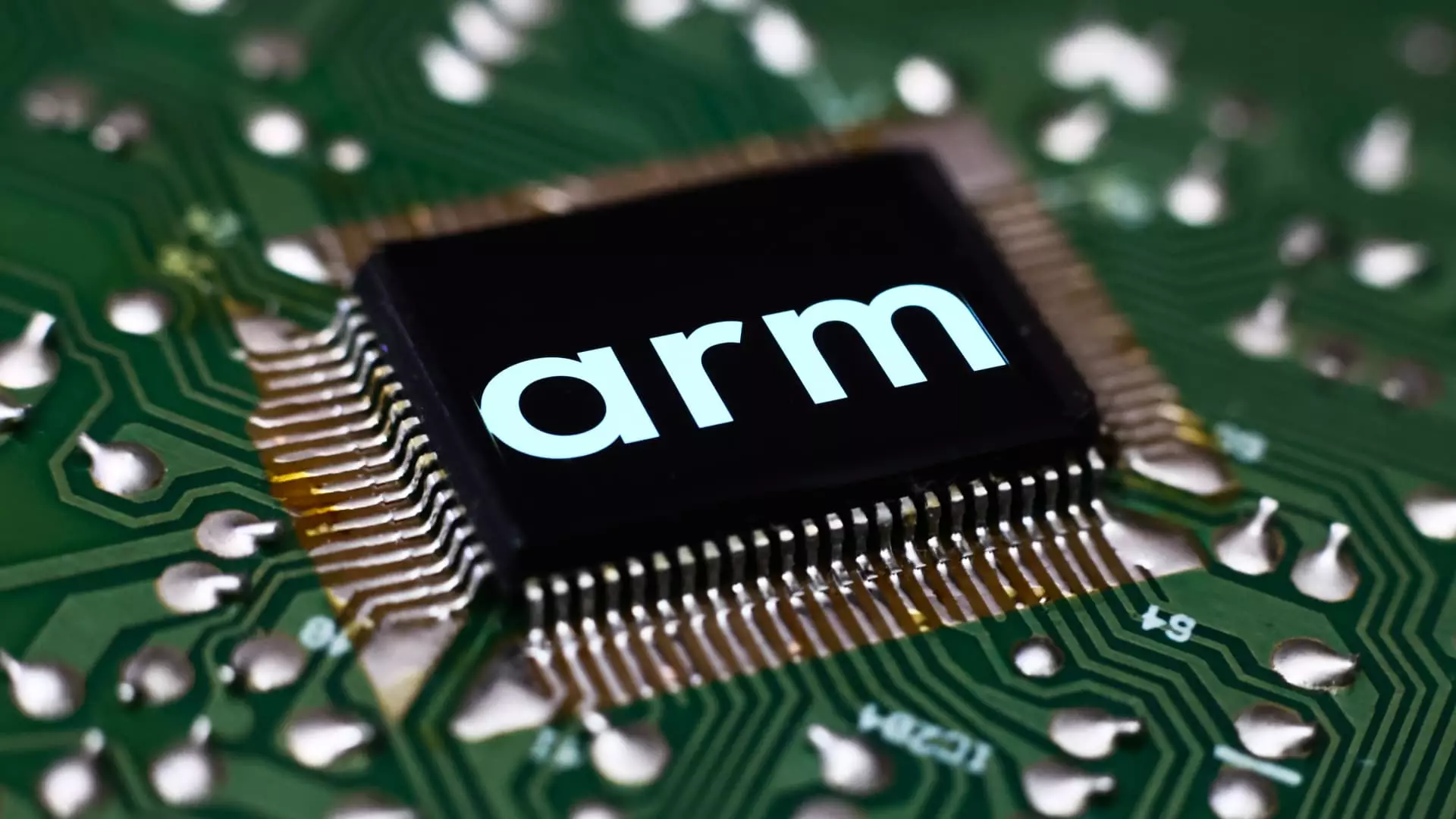The semiconductor industry is on the verge of a major transformation, driven by the integration of artificial intelligence (AI) into personal computers (PCs). According to a recent report by Morgan Stanley, the development of AI PCs equipped with chips designed by British chip designer Arm is set to revolutionize the industry. This shift is primarily driven by the increasing demand for more powerful PCs to efficiently run AI applications.
Arm-based central processing units (CPUs) are highly regarded for their energy efficiency and thermal control, resulting in longer battery life and more compact designs. This is a significant advantage when it comes to running demanding AI applications in the background, as it poses a challenge for traditional laptop PCs in terms of battery life and thermal management. As a result, Morgan Stanley predicts that Arm-based AI PCs will lead the way in transforming the global semiconductor industry.
The report suggests that AI PCs will see a significant increase in market penetration, with a projected penetration rate of 95% by 2027, compared to just 8% in 2024. This rapid growth is driven by the increasing demand for high-performance PCs capable of running AI tools and applications. The bank estimates that the total shipments of Windows on Arm (WOA) PC chips will reach 65 million in 2028, a substantial increase from the 2 million shipments recorded in 2024.
Morgan Stanley has identified several companies that are poised to benefit from Arm’s foray into AI PCs. These include Taiwan Semiconductor Manufacturing Company (TSMC), MediaTek, Nvidia, Qualcomm, Microsoft, and Arm itself. The report also highlights the potential for partnerships between companies like Nvidia and MediaTek to launch new WOA PC CPU chips, creating opportunities for growth and innovation in the industry.
In terms of stock performance, Morgan Stanley has raised price targets for companies such as TSMC and MediaTek, anticipating significant upside potential. The report suggests that TSMC’s foundry market share with x86 CPU market will grow, thanks to Intel’s outsourcing of CPU production and AMD’s market share gain. This trend is expected to benefit TSMC, as it is AMD’s major foundry partner and has a stronger position in the Arm-based CPU market compared to x86.
The integration of AI into PCs is expected to drive a significant transformation in the semiconductor industry, with Arm-based CPUs playing a key role in meeting the demands of AI applications. Companies that are able to innovate and adapt to this new landscape are likely to see substantial growth and market success in the coming years.

Leave a Reply